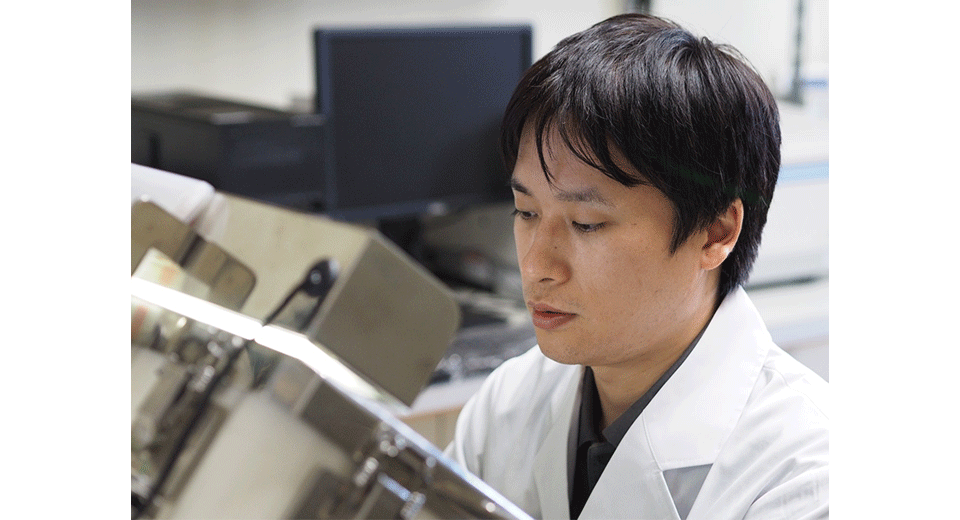
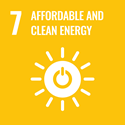
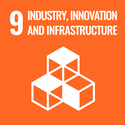
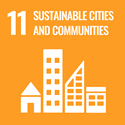
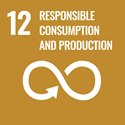
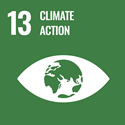
School of Engineering
Associate Professor Junichi Inamoto
Power generation using renewable energy requires the use of stationary storage batteries for power leveling. Lithium-ion batteries, which are widely used as storage batteries, use resources such as lithium, cobalt, nickel, and copper, and there is a risk that the batteries will not be manufactured in the future due to soaring raw material prices or supply disruptions. Therefore, we are engaged in research and development to realize secondary batteries that use inexpensive raw materials with no resource supply risk.
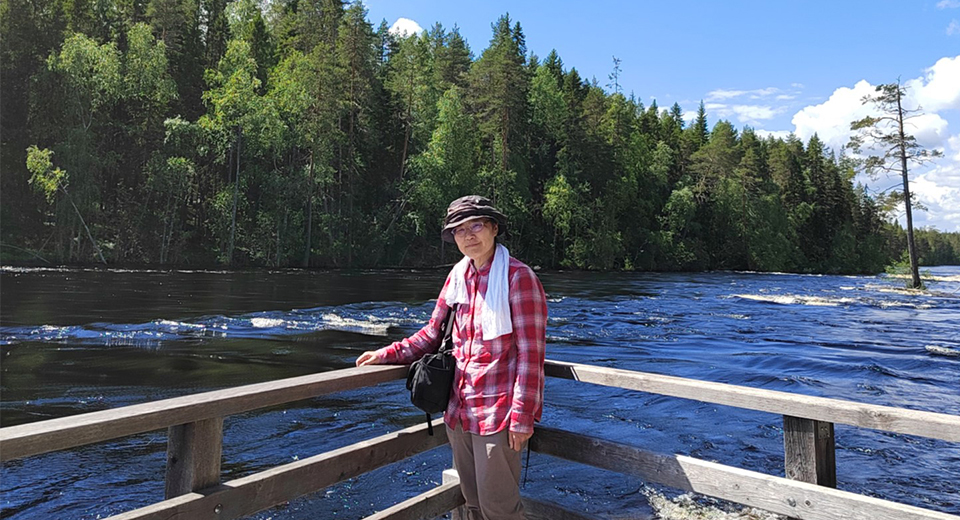


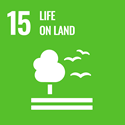
School of Human Science and Environment
Professor Mizue Ohashi
In forests, various biological activities centered around trees create flows of materials. We aim to unravel what kinds of ecosystem services (various benefits derived from ecosystems) are generated by these material cycles. Our focus is primarily on phenomena occurring underground, which are challenging to study. We are conducting research not only in Japan’s temperate forests but also in tropical and boreal forests overseas. By analyzing these data sets, we seek to understand the invisible world.



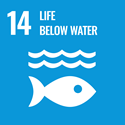
Institute of Natural and Environmental Sciences
Professor Atsuko Takano
Natural history specimens of plants and insects serve as tangible evidence that these organisms existed at a specific time and place. Therefore, rapidly digitizing specimens and enhancing their accessibility is crucial for promoting biodiversity research. To this end, we have developed a device that allows individuals without specialized skills to photograph specimens at a certain level of quality, and a method to automatically extract label data such as collection date, collector, and collection location using various AI technologies.
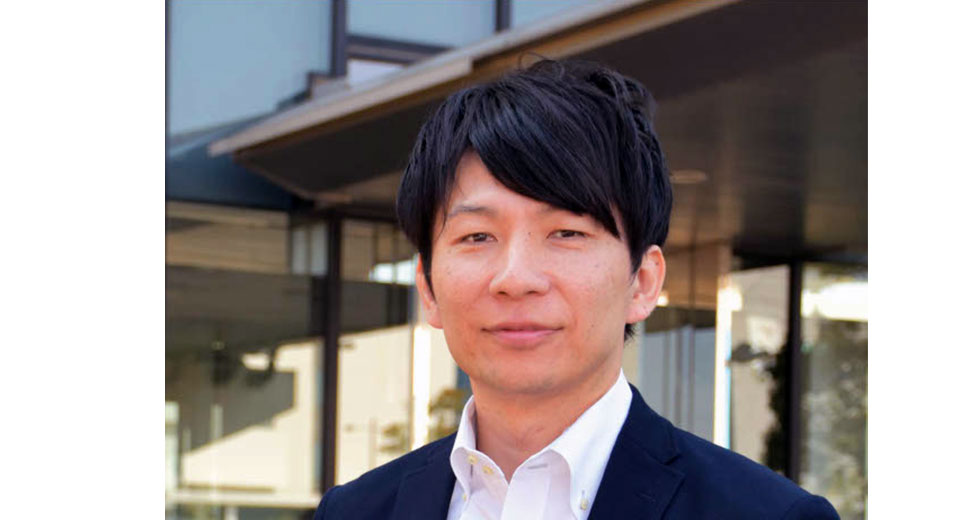


Graduate School of Information Science
Professor Hiroyasu Inoue
When a pandemic, disaster, international conflict, or other such event causes a disruption in the flow of goods, it leads to further production halts for items that rely on those raw materials. This disruption spreads like a chain reaction, eventually causing damage to the entire economy. This phenomenon is increasing year by year and poses a major threat to the world.
In this study, we use the Fugaku supercomputer and other computational systems to simulate the activities of numerous companies. Through these simulations, we aim to explore effective countermeasures to mitigate the impact of such economic shocks.
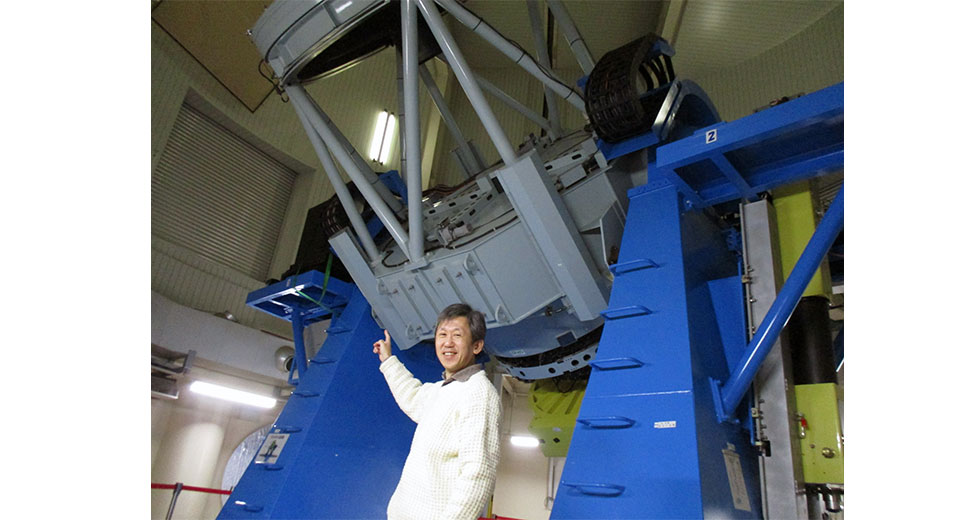

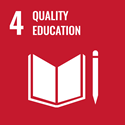
Institute of Natural and Environmental Sciences
Professor Yoichi Itoh
Planets orbiting stars other than the sun are called extrasolar planets, and since their first discovery in 1995, more than 5,000 have been found so far. The Nishi-Harima Astronomical Observatory has one of the world\'s largest public telescopes, Nayuta. Using this telescope, the world\'s first clear and cloudy exoplanets were discovered. By studying the weather of exoplanets, we hope to obtain clues to elucidate weather changes on Earth.
Nishi-Harima Astronomical Observatory Website
http://www.nhao.jp
Other goal initiatives can be found in the list here.